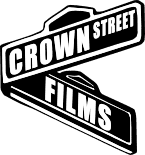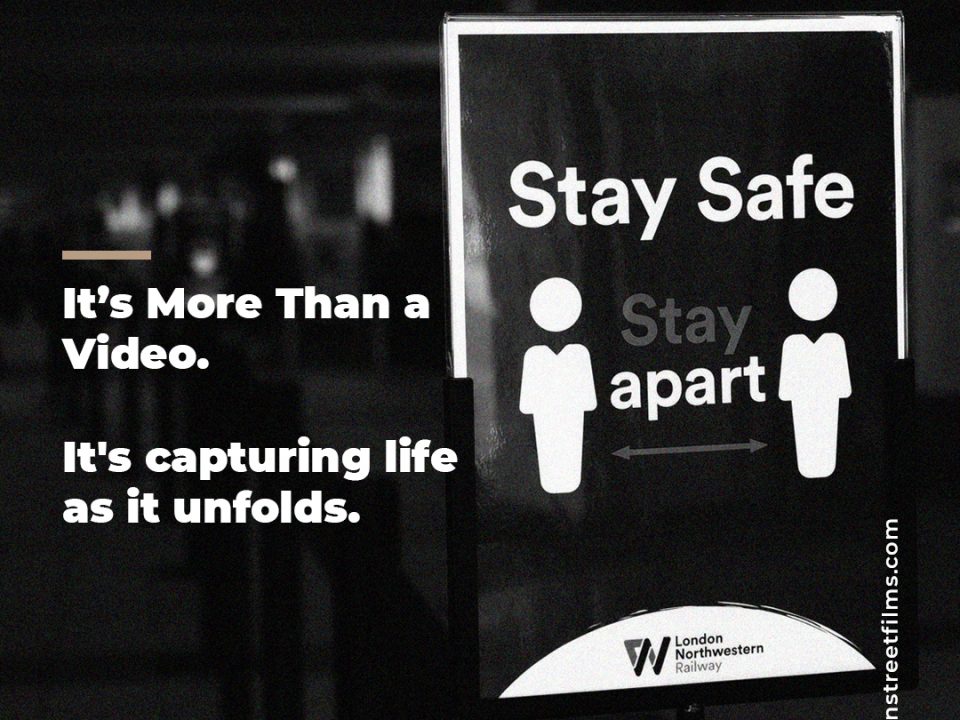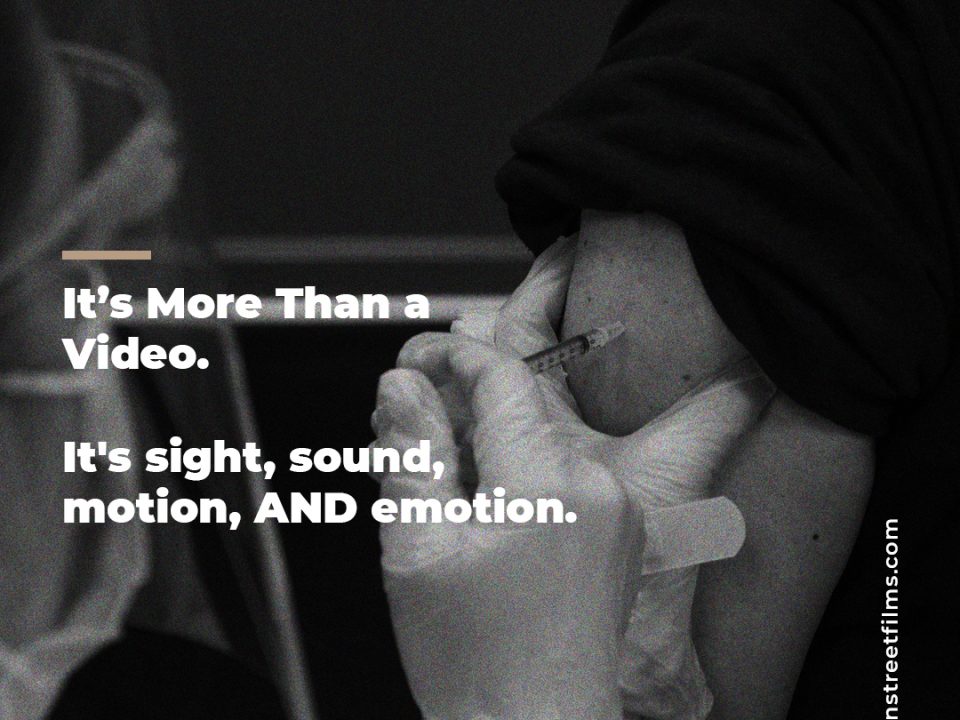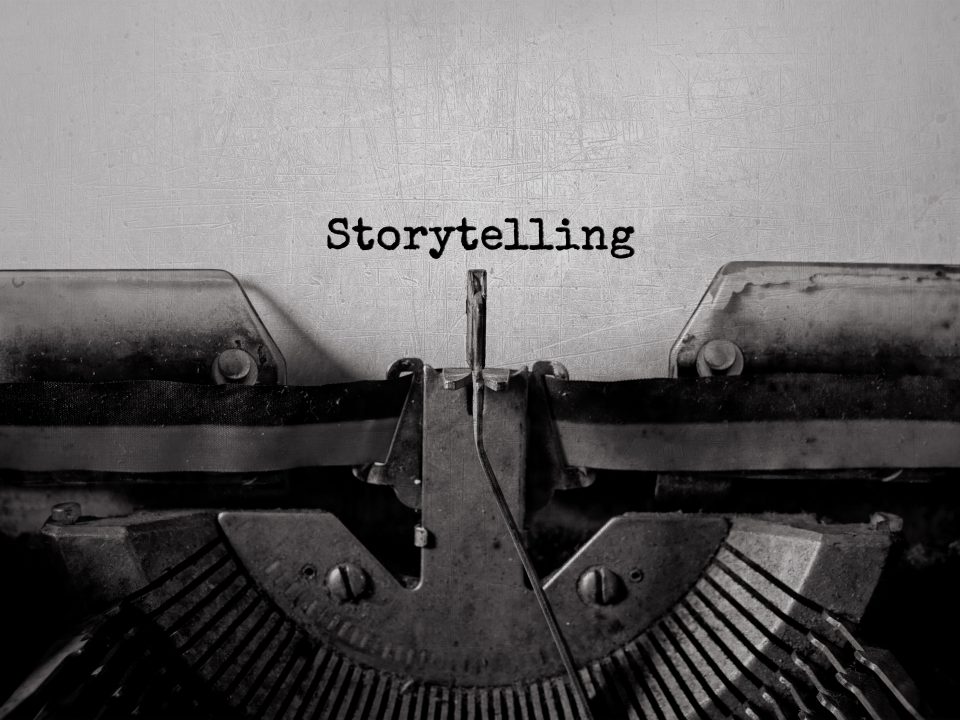What Happens When Your Career Becomes Our Whole Identity

How do you create when your medium requires interaction with strangers
February 5, 2021What Happens When Your Career Becomes Our Whole Identity
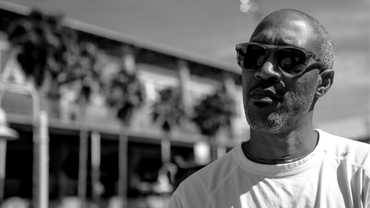
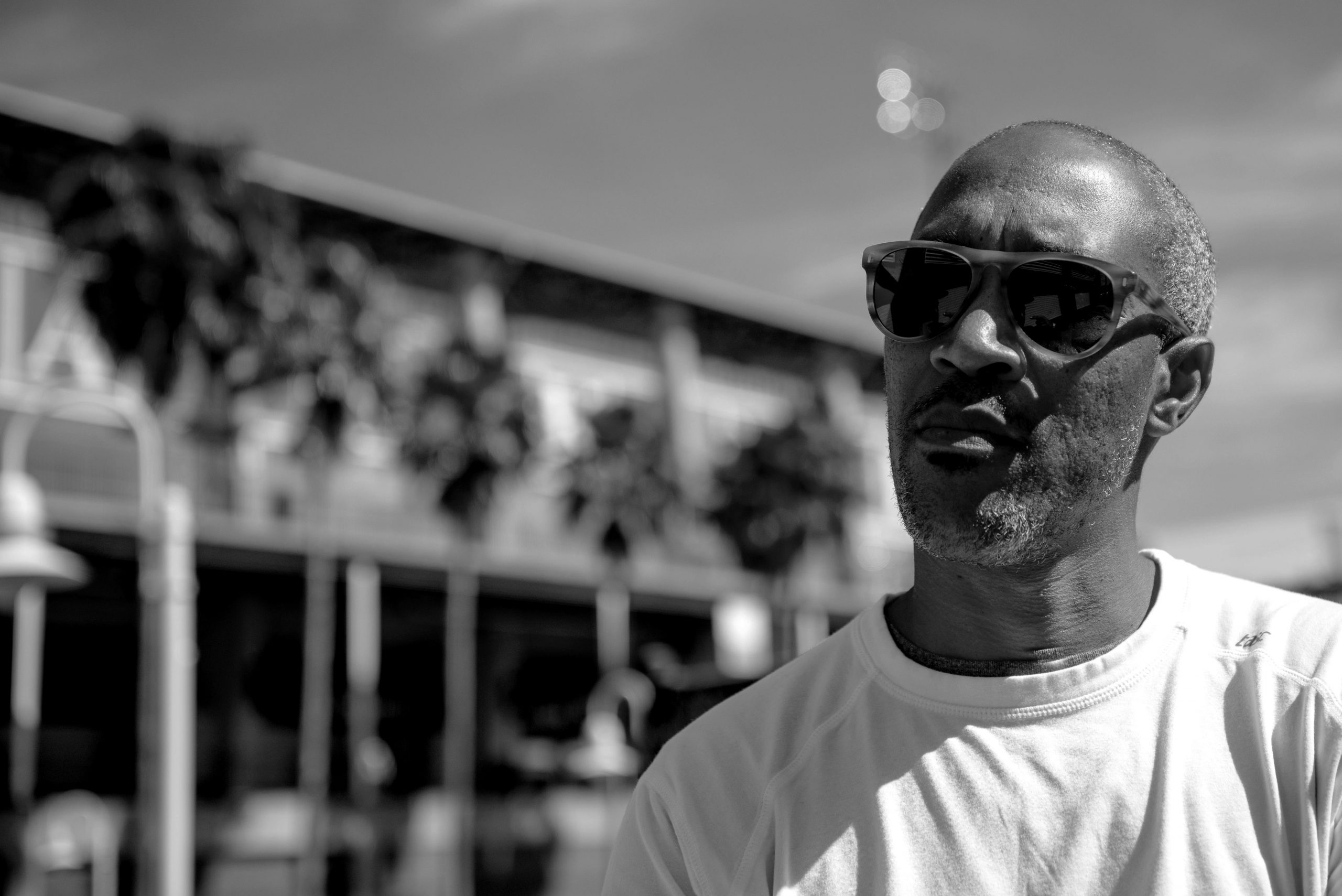
What happens when your career becomes your whole identity?
It's a question I've been pondering since the fourth quarter of 2019, so I did what anyone else would do. I Googled it to see what type of research was available on the topic. Were there other people having the same experience? For anyone interested in the science, I found an article in the Harvard Business Review by psychologist Janna Koretz. For this essay, I've outlined the parts of the article that applies to me. The career path of the person featured differs from mine but a lot of the identity traits were eerily similar.
The term psychologists use to describe this behavior is "Enmeshment." A situation where the boundaries between people become blurred and identities lose importance. The behavior prevents the development of a stable independent sense of self.
For the past 22 years, I've worked in some facet of the film & video production business—the last 15 working primarily on television commercials for national and international brands. I eat, sleep and breathe this stuff! It's the last thing I think about after I've put my kids to bed at night and usually the first thing when I wake up in the morning.
When you engage in any intense activity for the great majority of your waking hours, that activity will tend to become more and more central to your identity — if only because it has displaced other activities and relationships with which you might identify.
I love what I do! I've had to work on coping strategies to ensure I'm prioritizing family ahead of career. My job provides financial security, a social network and a sense of self I thought I would never find. I've come to realize that working in a collaborative environment with people I care about is what I love most. I've worked extremely hard to get to this stage of my career, made a lot of mistakes, had some abject failures but I've always bounced back.
As Advertisers move toward a data-driven model, they are seeking a diversified approach to deliver content to consumers. The days of television being "king of the castle" are gone, which has significantly impacted the financial model for commercials. As I approach my mid-40s, I've been contemplating the next phase of my career. Will I be able to stay relevant and adapt to this new business model? What if I had to walk away? What does a new career look like? Does my experience have value? Would I be able to make the transition from a freelance lifestyle, how would that affect my sense of self?
The questions kept popping up and I kept thinking, can I handle walking away from what I love to do? That led me down a rabbit hole and as I slid further and further down it. I kept looking up to see if I could find snapshots of my younger self that didn't revolve around my career. I couldn't find any examples and that was terrifying. So I delved into the article to gain some insight and found this questionnaire that I did my best answer honestly.
1. How much do you think about your job outside of the office? Is your mind frequently consumed with work-related thoughts? Is it difficult to participate in conversations with others that are not about your work?
a. Yes
2. How do you describe yourself? How much of this description is tied up in your job, title, or company? Are there any other ways you would describe yourself? How quickly do you tell people you've just met about your job?
a. I describe myself as a television commercial producer who also produces documentary films. I also tell people that I'm an immigrant from Jamaica who spent my formative years in New York City but my job is always the primary focus.
3. Where do you spend most of your time? Has anyone ever complained to you that you are in the office too much?
a. Yes, there are complaints that I spend too much time in my office, on my phone and the computer but I’ve been able to make some changes as part of the coping strategies I mentioned earlier. As my kids get older, I’ve worked be present in their lives by avoiding the screens when we’re together. If I’m not in intense pre-production or on a shoot for a project, I’m responsible for getting them ready and off to school in the mornings. I also set very specific office hours so I can be home in time for homework, dinner and bedtime routines.
Do you have hobbies outside of work that do not directly involve your work-related skills and abilities? Are you able to consistently spend your time exercising other parts of your brain?
18 months ago, I picked up the guitar my wife bought me in 2010 and I take lessons once a week. My daughter’s passion for books has inspired me to try and read one book each month. I also got back on a skateboard to show my son that he doesn't have to be afraid of falling. I just don't tell him how much my 43-year-old body hurts when I take a spill.
How would you feel if you could no longer continue in your profession? How distressing would this be to you?
I'm still struggling with this question. I've had some in-depth conversations with a few of my peers to try and shed some light. The conversations have been positive and my peers are optimistic about the future but I still find myself in this endless thought bubble.
I always start the New Year with goals based on the successes and failures of the previous one. 2019 was one the most successful years I’ve had creatively and financially but for the first time in 5 years, I didn't do any forecasting or set any goals. My gut kept telling me it was going to be a weird year and I would have to roll with the punches. Then COVID-19 showed up. Like a lot of us, I now have a new set of questions.
